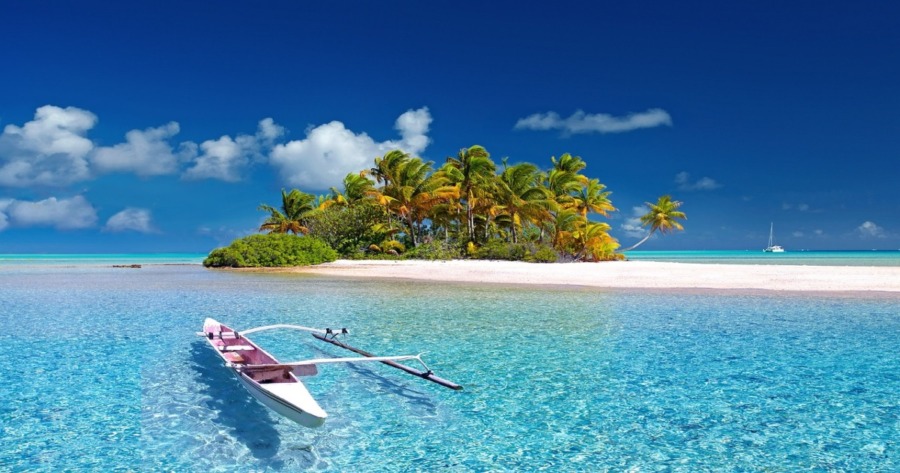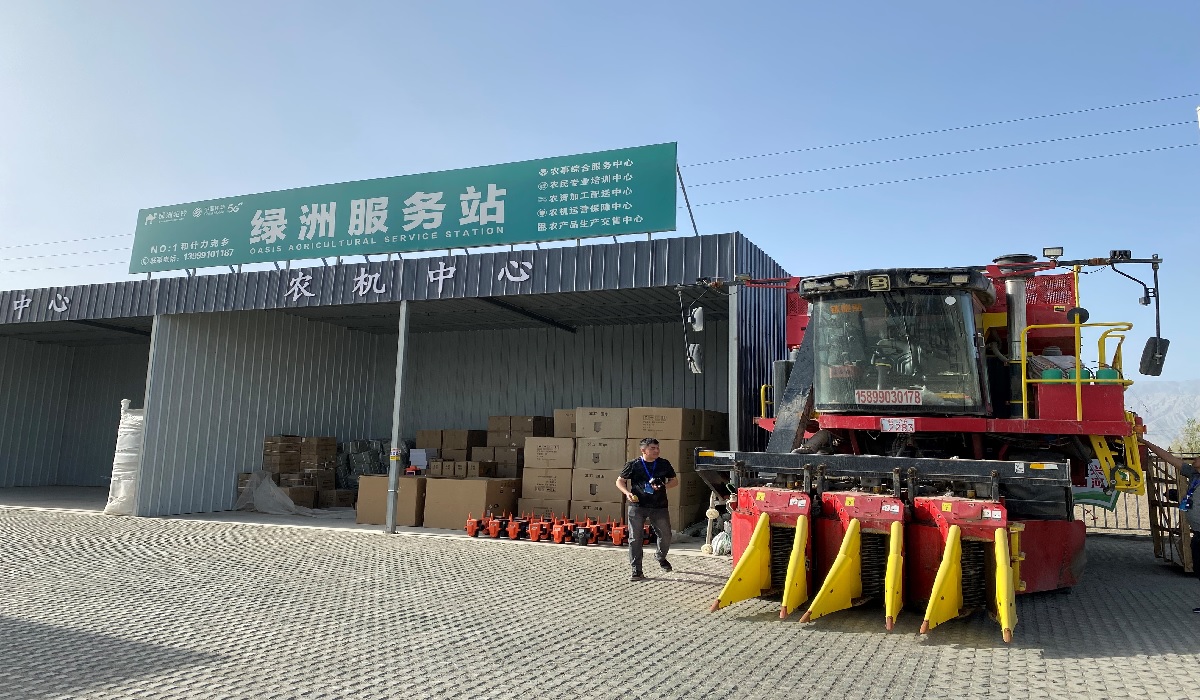For decades, the troubling trend of resident displacement has continued in some of the world’s most idyllic vacation destinations, particularly in the Caribbean. Big resorts are increasingly buying up beaches and coastal properties, pushing out residents, and limiting their water access. This phenomenon raises critical questions about the role of governments, the destruction of local businesses and economies, and the urgent need for solutions to this pressing issue.
With its picturesque beaches, lush landscapes, and warm, turquoise waters, the Caribbean has long been a favoured destination for travellers seeking a tropical paradise. The allure of pristine beaches, crystal-clear waters, and year-round sunshine has always attracted tourists and developers alike. For global hospitality chains and wealthy investors, the Caribbean offers a lucrative opportunity to cash in on the tourism industry. As a result, they have been acquiring land and properties at an alarming rate, leading to the displacement of residents.
The complex relationship between big resorts, governments, and local communities in the Caribbean has created a multifaceted problem. The consequences are profound, ranging from the destruction of local businesses to economic disruption and the loss of cultural heritage.
The Caribbean’s natural beauty and temperate climate make it a prime location for luxury resorts and tourist destinations. The pristine beaches, rich marine life, and vibrant cultures have enticed global hospitality chains and wealthy investors to invest heavily in the region. These resorts offer amenities catering to a global elite seeking exclusivity and luxury, promising an unforgettable escape.
However, this exceeding promise comes at a steep cost for many residents. The growing demand for beachfront properties and the development of exclusive resorts have displaced communities living in these areas for generations. The once-public beaches are increasingly restricted, denying locals the right to enjoy their shores. This issue extends to losing access to beaches, the disappearance of traditional fishing grounds, and the erosion of cultural traditions deeply connected to the sea.
Governments in Caribbean nations often play a pivotal role in expanding these large resorts. They view the influx of foreign investment as a means to boost their local economies, create jobs, and stimulate economic growth. While such development can bring financial gains to these countries, it may disregard the potential harm to their citizens and the environment.
The revenue generated from tourism is a significant contributor to the GDP of many Caribbean nations. As a result, governments may be reluctant to enact strict regulations or impose limitations on big resorts that have the potential to bring substantial economic benefits. This delicate balancing act between economic development and the protection of local rights poses a profound challenge for Caribbean governments.
Addressing the issue of big resorts displacing local residents and limiting access to beaches in the Caribbean requires a comprehensive approach. The complex nature of the problem demands cooperation between governments, the business sector, and local communities. Here are potential solutions to consider:
- Strengthen Land Use Regulations: Caribbean governments can establish more robust regulations to protect coastal and beachfront properties, ensuring that local residents have access to their own shores. These regulations should be accompanied by strict enforcement mechanisms to prevent unchecked development.
- Encourage Sustainable Tourism: Promote sustainable tourism practices that prioritize local community involvement. Resorts should be encouraged to engage with and benefit local communities by offering employment opportunities, revenue-sharing arrangements, and cultural exchange programs.
- Community Ownership: Explore models of community ownership for coastal properties. This would give residents a say in developing these properties, preserving their traditions and culture while benefiting from the economic opportunities tourism can bring.
- Educate Tourists: Encourage tourists to be responsible and respectful visitors. Awareness campaigns can be launched to inform tourists about the importance of supporting local businesses and respecting local customs. Responsible tourism practices can ensure that visitors contribute positively to the local communities they visit.
The future of these paradisiacal destinations and their communities hangs in the balance, and it is crucial to find equitable and sustainable solutions for all stakeholders involved. By acknowledging the issue, exploring potential solutions, and fostering cooperation among all stakeholders, the Caribbean can retain its natural beauty and unique cultures while benefiting from tourism’s economic opportunities.









